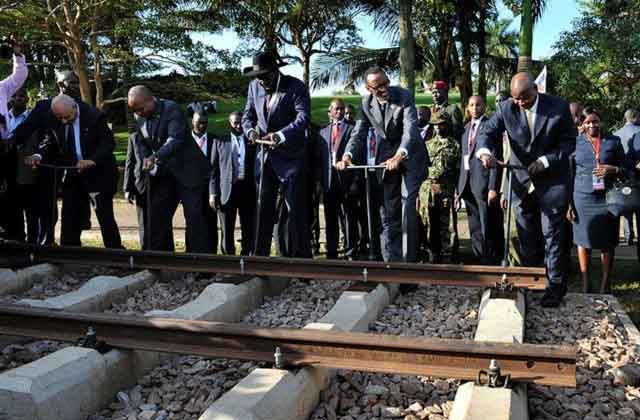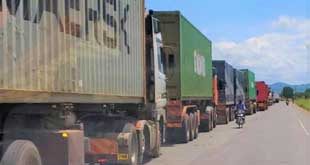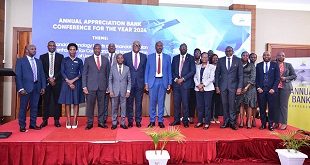
Kampala, Uganda | THE INDEPENDENT | The East African Community integration project will emerge bruised but push ahead when the coronavirus pandemic is finally controlled despite contradictions at the moment pitting one partner state over the other, watchers have said.
This comes after several bust-ups among the states, the latest being between Kenya and Tanzania where either party has blocked the other from accessing their airspace. This was because Kenya excluded Tanzania from a list of safe countries whose citizens would not be quarantined when they visit.
Earlier, Positive test results of Tanzania truck drivers in Kenya were overturned once they reached home, with Dar es Salaam accusing Nairobi of seeking to sabotage its tourism sector by declaring ‘fake results’.A summit in May called to discuss the approach to the pandemic was only attended by Kenya, Uganda, and Rwanda. Burundi and Tanzania stayed away and have mostly kept everyone in the dark over the status of the pandemic in their countries.
Dr Isaac Shinyekwa, a senior research fellow on integration at the Economic Policy Research Centre-EPRC, said the COVID-19 the crisis has revealed the cracks rarely seen in official meetings and pushed each country into the mode where they are trying to survive.
Dr Enock Twinoburyo, an economist, agrees but says the EAC problems can be traced even before the pandemic. He said that over the last “year or so, it has been deeply weakened by the creation of further non-trade barriers.”
“For example, Kenya has restricted imports of Sugar, milk, sugar cane, and eggs and poultry from Uganda. Rwanda has restricted Ugandan goods,” he said. Tanzania has also blocked Ugandan sugar. The border between Rwanda and Uganda has been shut for more than a year.
“The uncertainty that surrounded even Heads of State summits has been in the shadows. Hardly any meeting convened. Politically, the Heads of State lack unison in the strategic direction of EAC and that speaks volume.” he said. He added that the Heads of State could have agreed on a uniform approach, especially in managing cross border movements and in-country containment measures for the COVID-19 Pandemic.
Yet the constant bust-ups have come at a huge cost for the region. Shinyekwa says trade, tourism, and labour mobility have been affected, and Twinoburyo says the number for the last one-year show that trade is either declining or marginally increasing.
“To examine trade creation, it has to be looked at in form of intra-EAC trade as a share of total EAC trade. This has grown in EAC but marginally. The region faces many challenges,” he said.
The EAC remains one of the least competitive regions according to the 2018 World Economic Forum (WEF) Global Competitiveness Report, in particular, due to infrastructure. Most of the landmark EAC infrastructure continues to lag, including the Standard Gauge Railway. The other challenge is that members have fallen behind on their subscription payments to run the bloc. South Sudan and Burundi have been warned about due payments.
Even with these challenges, the bloc remains the one-eyed on the continent. According to the 2019 index on integration published by the African Union, the United Nations Economic Commission for Africa, and the African Development Bank, the EAC is the most integrated bloc on the continent, scoring highest on the free movement of people. The bloc brings together more than 150million people.
It is also true there is more intra-trade among the partner states, said Shinyekwa, than it would have been had there not been any treaties encouraging these transactions. He said while the future may look bleak at the moment, integration is here to stay especially now that the African continental free trade is in the offing.
The bloc will tumble and rise again, he said.
********
URN
 The Independent Uganda: You get the Truth we Pay the Price
The Independent Uganda: You get the Truth we Pay the Price


